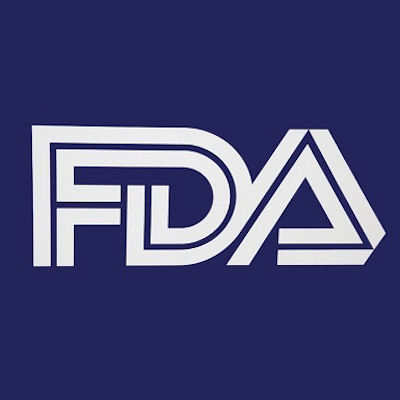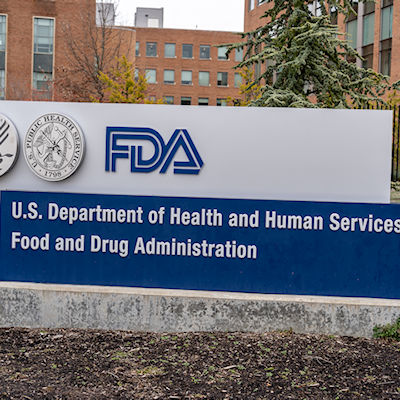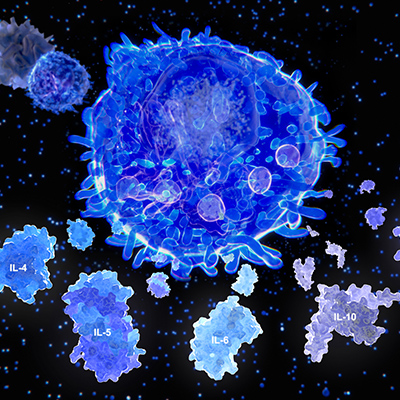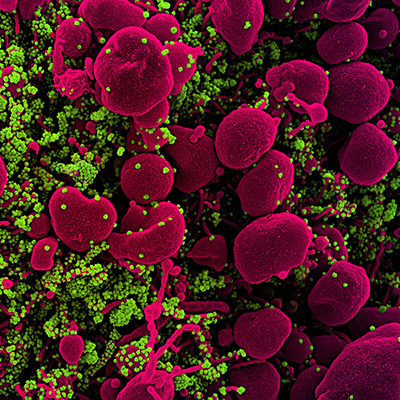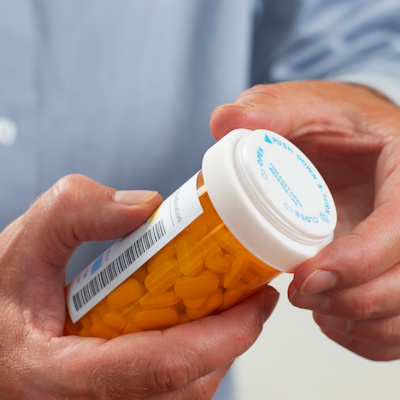June 30, 2020 -- The U.S. Food and Drug Administration (FDA) has provided new regulatory guidance for developers of vaccines for COVID-19. The guidance lays out the agency's current recommendations regarding the data needed to facilitate clinical development and licensure of vaccines to prevent COVID-19.
As there are currently no surrogate endpoints that are likely to predict clinical benefit of a COVID-19 vaccine, the goal of drug development programs should be to pursue traditional approval via direct evidence of vaccine safety and efficacy in protecting humans from SARS-CoV-2 infection or clinical disease.
In the guidance, the FDA notes that it recognizes that there may be different technologies used to produce or administer vaccines. These include DNA, RNA, protein, and viral vectorized vaccines being developed by commercial vaccine manufactures and other organizations.
"We firmly believe that transparency regarding the FDA's current thinking about the scientific data needed to support approval of safe and effective COVID-19 vaccines will help build public confidence in the FDA's evaluation process, which will be critical in ensuring their use," said Dr. Peter Marks, PhD, director of the FDA's Center for Biologics Evaluation and Research, in a statement.
The guidance also provides key considerations for companies to satisfy regulatory requirements for investigational new drug applications and licensing regulations for chemistry, manufacturing, and controls, for submission of nonclinical and clinical data through development and licensure, and for post-licensure safety evaluation of COVID-19 preventive vaccines.
The agency urges that sponsors engage in early communication with the FDA's Office of Vaccines Research and Review. Manufacturing processes and validation data as well as a quality control system should be in place to support a biologics license application. Stability and storage conditions must be validated and verified to determine shelf life of any COVID-19 vaccine.
Regarding preclinical data for vaccines being developed for other coronaviruses, the guidance states that such data may be accepted but must be conducted in challenged animal models that have shown clear evidence of immunopathologic lung reactions for enhanced respiratory disease.
The FDA urges the inclusion of diverse populations in all phases of clinical development, including populations most affected by COVID-19 (racial and ethnic minorities), as well as elderly individuals and those with medical comorbidities. Sponsors are also recommended to provide data supporting use during pregnancy and a plan for assessing pediatric safety and effectiveness.
The guidance also discusses the importance of ensuring that clinical trials are large enough to demonstrate the safety and effectiveness of a vaccine. The FDA expects that a COVID-19 vaccine would prevent disease or decrease its severity in at least 50% of people who are vaccinated.
After approval, as with all vaccines, the FDA will continue to closely monitor the safety of any approved COVID-19 vaccine. It is likely that during the early post-marketing period, a large number of individuals will be vaccinated in a short timeframe. Therefore, the guidance recommends early planning for pharmacovigilance prior to licensure. The agency may also require post-marketing studies to further assess known or potential serious risks.
Importantly, the guidance notes that as more scientific knowledge is accumulated about SARS-CoV-2 immunology and immune responses, consideration may be given to the FDA's accelerated approval pathway for vaccine licensure. At this time, a more specific indicator of an immune response or other measure that is reasonably likely to predict clinical benefit is required.
The guidance makes it clear that an assessment regarding any potential emergency use authorization for a COVID-19 vaccine would be made on a case-by-case basis considering the target population, the characteristics of the product, and the totality of the relevant, available scientific evidence, including preclinical and human clinical study data on the product's safety and effectiveness.
Copyright © 2020 scienceboard.net




